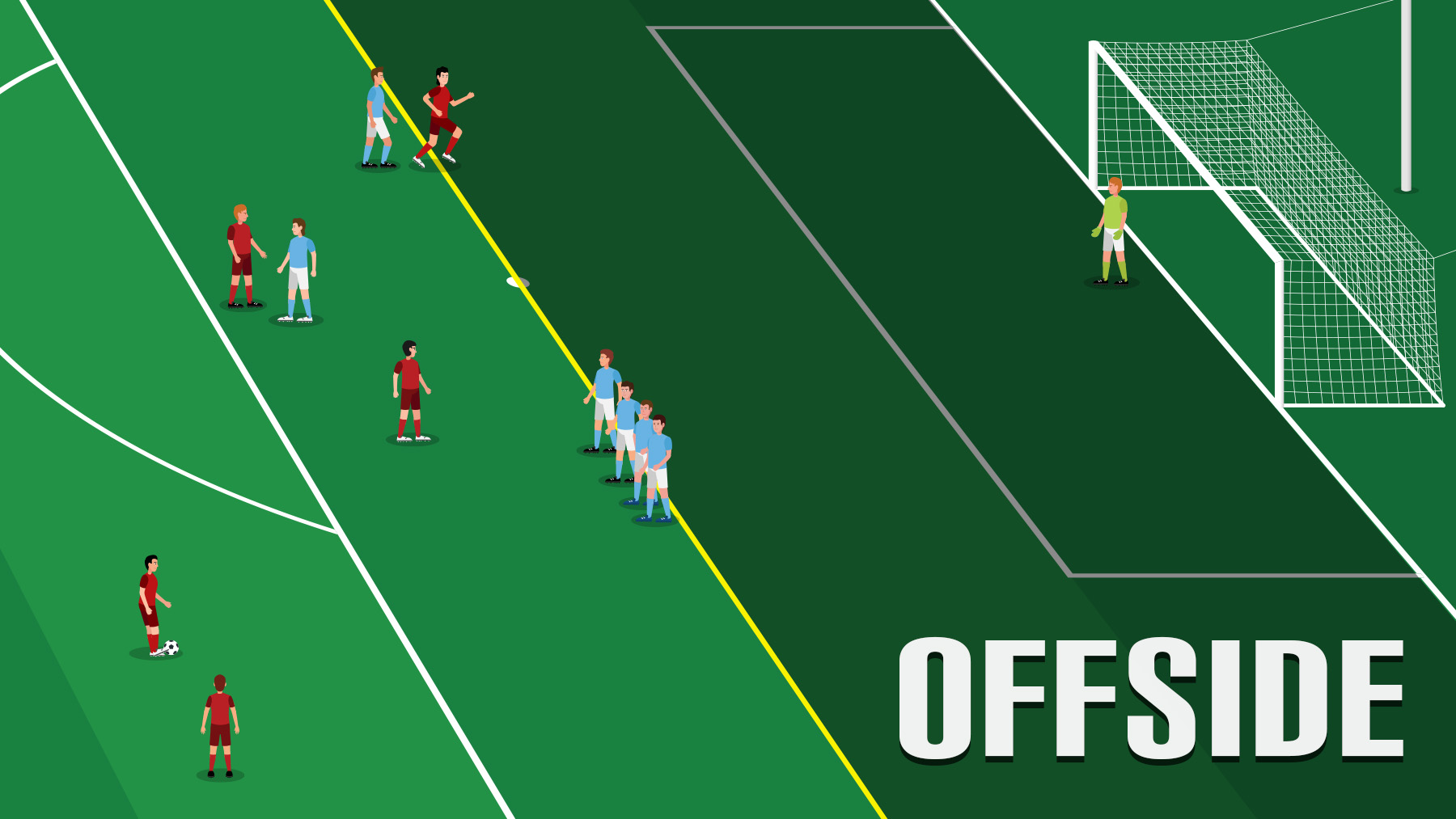Offside

In Football, if any part of a player's body, except their hands and arms, is on the opponent's side of the field and closer to the opponent's goal line than both the ball and the second-last opponent, they're in an offside position.
Being in an offside position isn't a foul on its own, but a player in that position when their teammate passes the ball can be penalized for offside if they receive the ball, get involved in the play, interfere with an opponent, or gain an advantage from being offside. Offside is often seen as one of the trickiest parts of the game to understand.
There is no offside offence if a player receives the ball directly from:
- a goal kick
- a throw-in
- a corner kick
If an offside offence happens, the referee gives an indirect free kick at the spot of the offence, even if it's in the player's own half of the field.
Situations and Scenarios
Here are scenarios and situations where a player can be in an offside position directly or by interfering the play.














